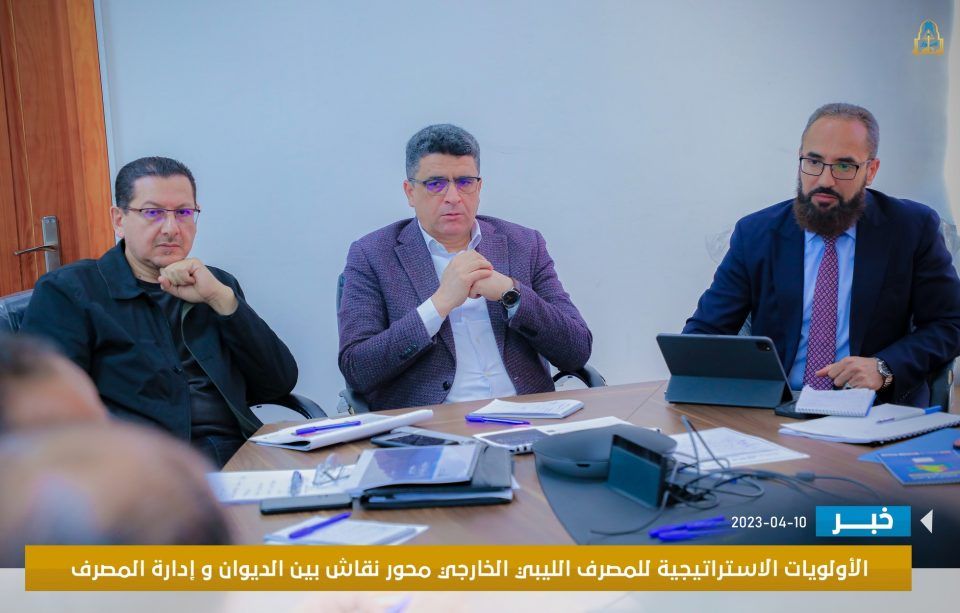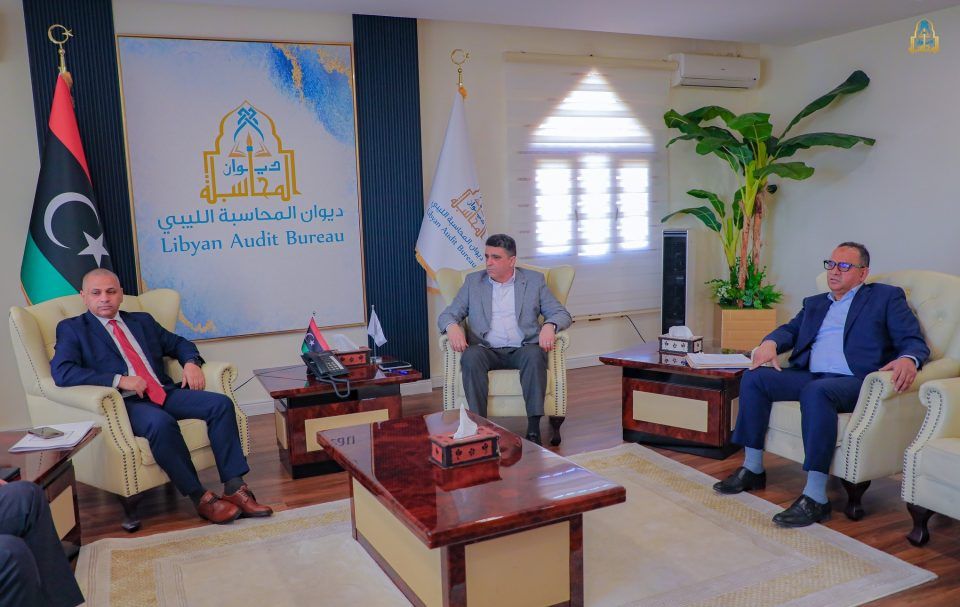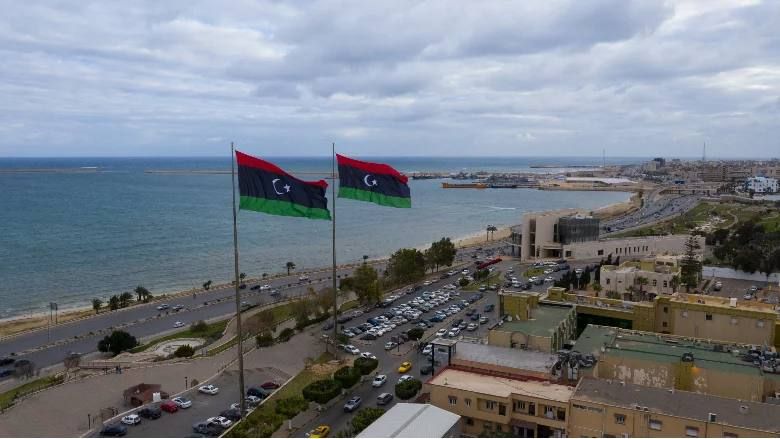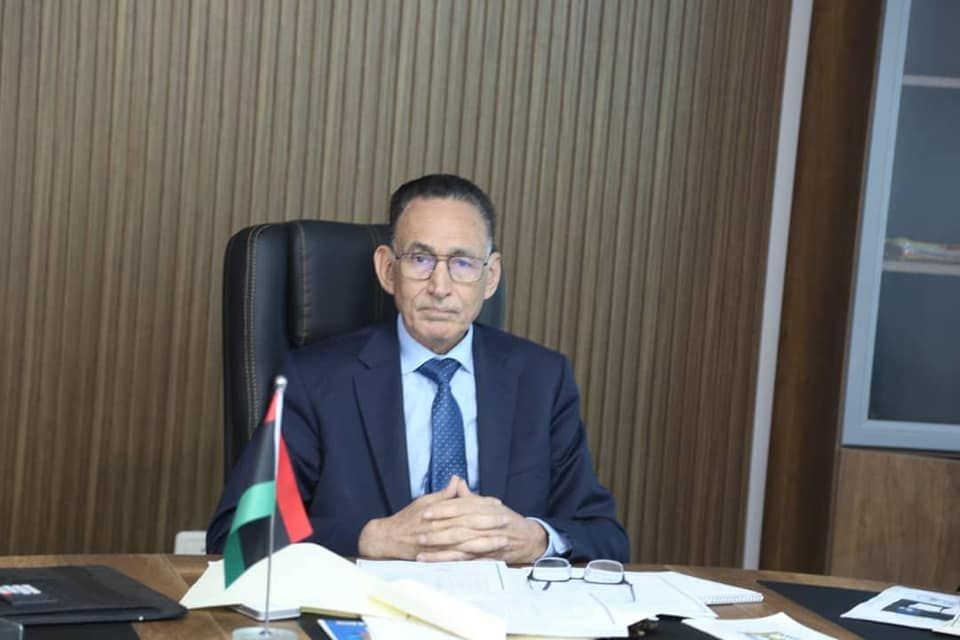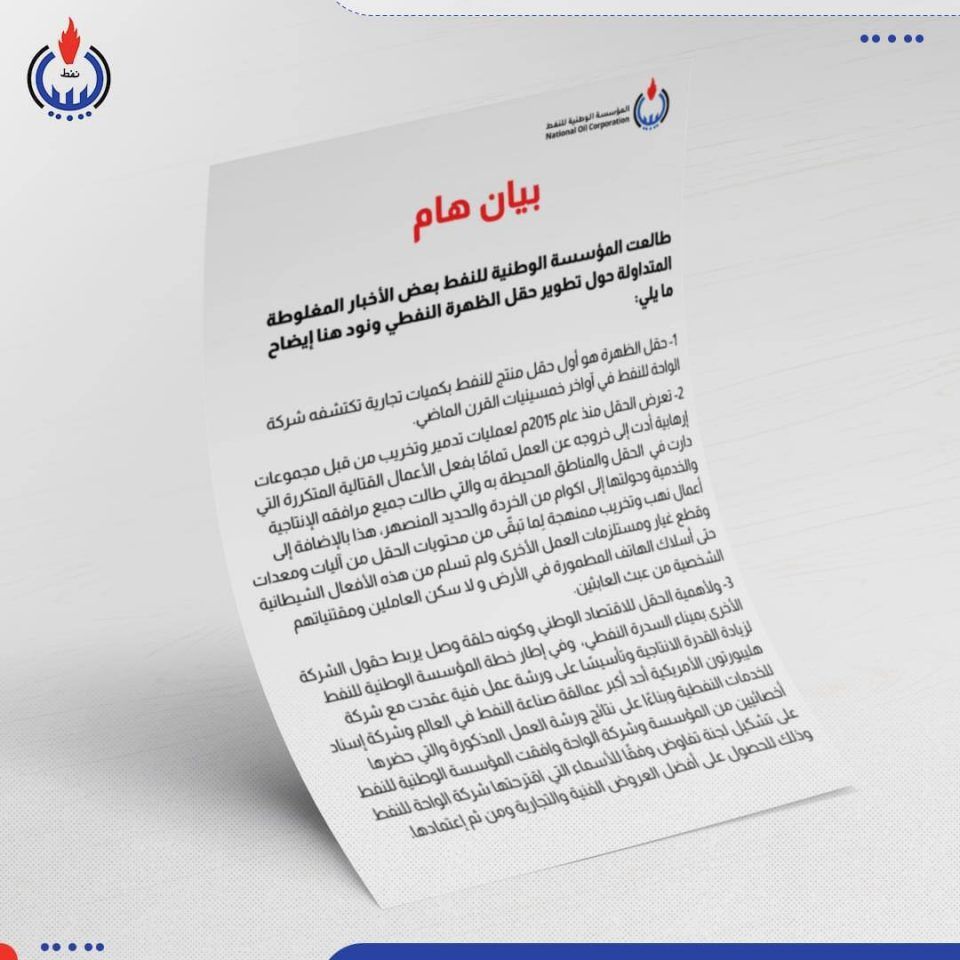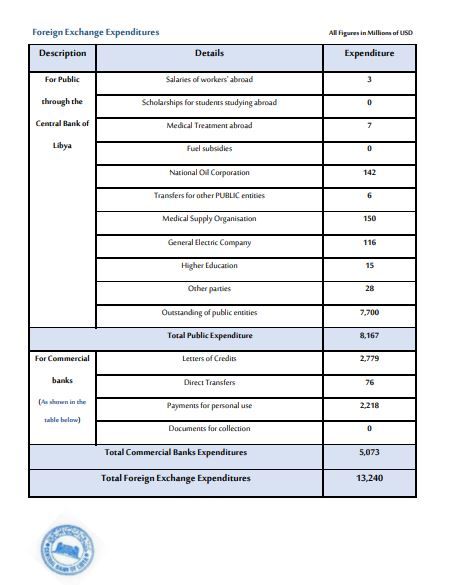Today, Friday, the National Oil Corporation issued a statement responding to some of the false news circulating about the development of the Dahra oil field, in which it clarified that the latter is the first oil-producing field in commercial quantities discovered by Waha Oil Company in the late fifties of the last century.
The National Oil Company added that since 2015, the Dhahra field has been subjected to destruction and vandalism by terrorist groups, which led to it completely out of work due to the repeated hostilities that took place in the field and its surrounding areas, which affected all its production and service facilities and turned them into piles of scrap and molten iron, in addition to acts of systematic looting and vandalism of the remaining contents of the field, including mechanisms, equipment, spare parts, and other work requirements. Not even the telephone wires buried in the ground, nor the workers’ housing and their personal belongings were spared from these acts.
During its statement, National Oil Corporation confirmed that the field is important to the national economy and being a link linking the company’s other fields to the Sidra oil port, and within the framework of the Corporation’s plan to increase production capacity and based on a technical workshop held with the American company, Halliburton, one of the largest oil industry giants in the world, and Esnad Services Company. Based on the results of the aforementioned workshop, which was attended by specialists from the Corporation and Waha Oil Company, the NOC agreed to form a negotiation committee according to the names proposed by the Waha Oil Company in order to obtain the best technical and commercial offers and then approve them.
During its statement, the National Oil Company denied contracting with an Emirati company in this regard, and that Esnad is a Libyan national company registered in the Commercial Register under No. 21-02-0095, the date of registration 22/2/2021, Benghazi.
The Corporation also explained that since the receipt of its current board, it suffers from the reluctance of international contractors who are technically capable and those who possess advanced modern technologies, and the withdrawal of some of them due to the accumulation of debts for years. The NOC seeks to persuade them to stay due to the sector’s need for their services, which cannot be dispensed with, and there is no suitable local alternative. It pursues a policy of creating a partnership between them and local companies to acquire the required technical expertise and localize it. The Corporation wonders about the interest in fabricating lies and malicious accusations against it from parties expected to support its ambitious plans and projects to increase production instead of being a pickaxe for demolition and contributing with us in pushing the boat forward and moving away from the policy of putting sticks in the wheels.
The National Oil Company clarified that the stability of production and its increase, which contributed to the stability of electricity and the provision of income for the public treasury in a country that relies on oil by about 95%, is a national goal in which everyone must participate and cooperate for it, and certainly anger the enemies of the homeland and its lurkers at home and abroad.
According to the media office of the NOC, the Corporation is surprised that no one criticizes or questions about leaving the field destroyed and out of production for a period of time of about 7 years, and when starting to develop it according to a technical and commercial method acceptable to the Corporation, the attack of obstructors and biased media begins.


